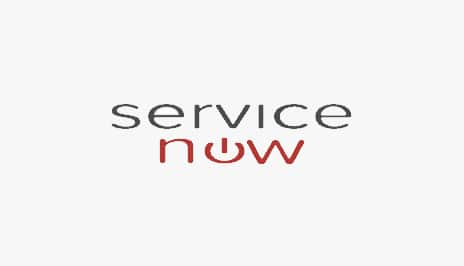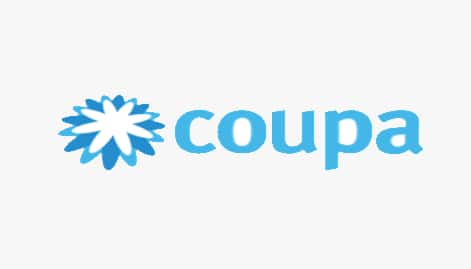Overview:
The role of an ART Release Quality Manager requires strong leadership skills, technical expertise in quality assurance practices (e.g., test planning, test execution), familiarity with Agile methodologies (e.g., Scrum), and a deep understanding of SAFe® principles. By effectively coordinating testing activities across multiple teams within an ART and driving continuous improvement efforts in quality assurance practices, ART Release Quality Managers contribute to delivering high-quality software releases in large-scale agile environments following SAFe® principles.
| ART Release Quality Manager (RQM) | Skills |
|---|---|
Primary Responsibilities:
Secondary Responsibilities:
|
Technical Skills :
|
Soft Skills:
|
|
Tool Skills:
|




